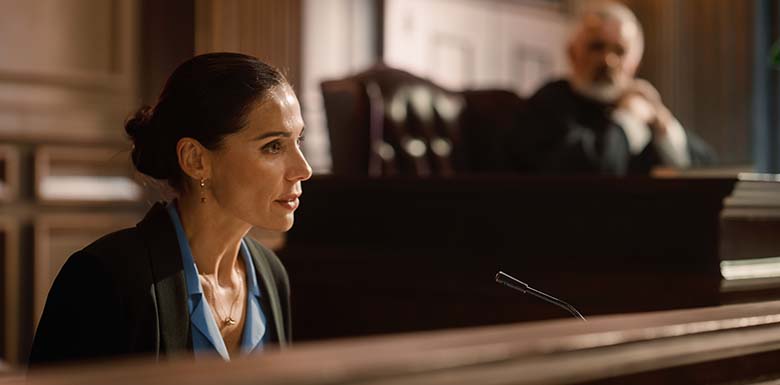
Topic: Criminal Defense
Confessions are powerful evidence for criminal prosecutors. But more and more, people are noticing the cracks in the criminal justice systems and that far too many confessions in criminal cases result from coercion or duress.
Unfortunately, proving that a confession wasn’t genuine is no easy task. It takes a lot to set aside the trust and credibility of the officers and prosecutors who may have solicited a forced confession. But there are signs to look for, and expert testimony could help explain why a faulty confession shouldn’t be used against you.
What Is a Confession?
A confession is an admission of guilt made by the criminal suspect. A voluntary confession is given out of your free will, not obtained through intimidation, force, or coercion. Under the U.S. Constitution’s 14th Amendment due process protections, a confession must be voluntary to be admitted as evidence in court or given any weight if it is.
When Is a Confession Involuntary?
A statement is not voluntary if it’s the result of or threatened use of:
- Physical force
- Improper conduct
- Undue pressure
The conduct that led to an involuntary confession must have impaired your physical or mental condition to the point that it undermined your ability to truly, legitimately decide to confess to a crime.
Some factors a judge will consider when deciding if your confession was voluntary include:
- Your intelligence, age, mental and physical conditions
- How law enforcement treated you and the tactics used to question you,
- Were promises made in return for your confession, and how long were you questioned?
Why Would I Need an Expert Witness?
The issues discussed above are a combination of facts, which you or a witness could testify to (how many officers were involved or how long the interrogation lasted). However, properly illustrating the real-world impact of using these methods for soliciting a confession on someone accused of a crime usually requires an objective opinion and supporting evidence.
For instance, according to the National Registry of Exonerations, 27% of people in the registry accused of homicide gave false confessions, and 81% of those with mental illness or intellectual disabilities did the same.
It may take expert testimony from a former officer or psychologist to influence the judge or jury about how someone’s age, intelligence, or physical and mental conditions at the time of questioning impacted their decision to confess to a crime they didn’t commit.
What Makes a Witness an Expert?
A witness should be recognized as an expert due to their knowledge, skill, experience, training, or education. They can give an opinion or information about scientific, technical, medical, or other specialized knowledge when:
- The typical fact finder doesn’t know or understand the topic or has misconceptions about it the expert can dispel, and
- The testimony will help the fact finder to understand the evidence or decide a disputed fact at issue, especially if the facts can’t be stated or described in a way that allows the fact finder to judge the subject matter accurately
The defense or prosecution could use an expert witness. One side can also dispute whether the other side’s witness qualifies as an expert. If a party’s argument is strong enough, the judge may not allow the person to testify.
What Could an Expert Witness Testify About?
How this plays out depends on the facts and unique details of your case, including what law enforcement did to physically or psychologically manipulate you and how susceptible you were to that manipulation.
Some of the issues an expert may testify to regarding how a confession may have been acquired by force include whether any of the following apply:
- Mental illness
- Intoxication
- Withdrawal
- Intellectual impairments
- Acquiescence
- Physical Abuse
Expert, scientific testimony can also support your case to overcome a false confession. This is highlighted by findings from the Innocence Project, where 25% of wrongful convictions overturned by DNA evidence involved a false confession.
Get Help from a Criminal Defense Lawyer
Twenty-four people in New York, that we know of, have been wrongly convicted and subsequently exonerated through DNA testing. Ten of these cases involved a false confession obtained by law enforcement.
As you can see, false confessions happen more than you think, often due to someone mistakenly thinking that confessing will allow them to go home, face lesser charges, or protect someone else. That’s why protecting yourself during any police questioning is critical.
So, if you’re named in a criminal investigation, are asked to submit to questioning, or have been charged, retain an experienced New York criminal defense lawyer right away. Aside from securing expert testimony when necessary, effective representation can help you avoid making a false confession from the beginning.
Call Protass Law PLLC at 917-397-4153 or complete our contact form for a free, confidential consultation.